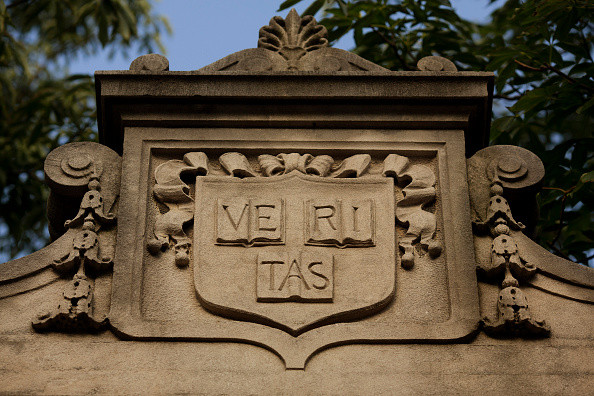Going dark debunked: Harvard study says encryption good for government spying

A Harvard study has debunked claims by US security agencies that terrorists and criminals are "going dark". The study supports encryption and asserts that the advent of further network-connected smart devices will provide more surveillance opportunities for government spying.
Harvard's Berkman Center for Internet and Society conducted a study, in collaboration with a group of leading security and policy experts, which included noted academics, former government officials and privacy advocates. The Harvard study focused on exploring surveillance and encryption and eventually concluded that the "going dark" argument holds no water in practical terms.
The 37-page report, which was made public on 1 February, says: "Are we really headed to a future in which our ability to effectively surveil criminals and bad actors is impossible? We think not." The authors asserted that with growing advances in the Internet of Things and connected smart devices, opportunities for advanced and immersive surveillance will only increase.
The panel concluded that the "going dark" metaphor, famously used by FBI director James Comey in a speech in 2014, was an incorrect and inaccurate term to use when describing the future of government surveillance. Comey had said "We call it 'Going Dark,' and what it means is this: Those charged with protecting our people aren't always able to access the evidence we need to prosecute crime and prevent terrorism even with lawful authority."
However, the Harvard report disputes Comey's claims. It also predicts that tech companies are unlikely to adopt end to end encryption, especially given that no standard industry encryption policy exists at the moment. Moreover, encrypted communications rely on smart devices, which usually operate on comparatively less secure software. This provides governments with additional spying opportunities, effectively rendering the encryption debate as moot.
At a time when the US government is at loggerheads with tech giants such as Apple, Google and Microsoft over severely restricting encryption, the report brings in some perspective.
"We argue that communications in the future will neither be eclipsed into darkness nor illuminated without shadow," the authors of the report say. "Some areas are more illuminated now than in the past and others are brightening."
© Copyright IBTimes 2025. All rights reserved.






















